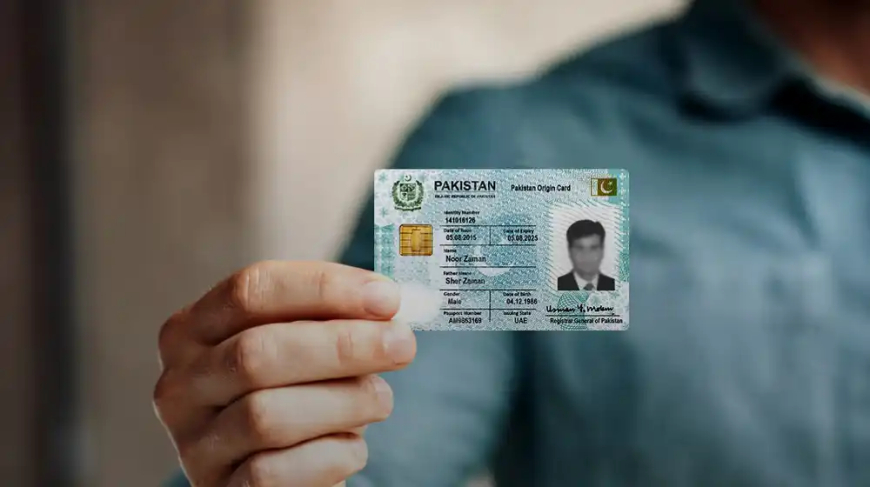Punjab Pushes for Blood Group Info on CNICs A Step Toward Saving Lives
Punjab Assembly passes a resolution asking NADRA to include citizens’ blood groups on CNICs, aiming to save lives in emergencies

The Punjab Assembly has taken a bold initiative that could redefine the purpose of Pakistan’s national ID card. Lawmakers have passed a resolution urging the National Database and Registration Authority (NADRA) to begin printing blood group details on every Computerised National Identity Card (CNIC).
The proposal, tabled by MPA Ahmad Iqbal Chaudhry, aims to make the CNIC more than just a document of identification transforming it into a life-saving reference in emergencies.
The Vision Behind the Change
When road accidents or medical crises strike, doctors often lose precious minutes determining a patient’s blood type. The Punjab government believes that by embedding this simple but vital detail onto the CNIC, hospitals will be able to provide faster treatment especially in trauma or blood transfusion cases.
“It’s not just about policy; it’s about saving lives,” said one provincial official after the session. “If every citizen’s blood group is instantly visible, emergency responders can act without delay.”
How It Might Work
If NADRA approves the change, all future CNICs could include a verified blood group field alongside existing details such as date of birth and address.
-
Citizens applying for new CNICs may need to submit a certified blood test report.
-
Existing cardholders could update or renew their cards with the new feature during future reissuance cycles.
-
The upgrade would apply to both local citizens and overseas Pakistanis holding NICOP cards.
Implementation Challenges Ahead
While the idea has been welcomed for its humanitarian benefits, experts note a few hurdles:
-
Data accuracy: NADRA will need a reliable system for verifying medical test results.
-
Privacy concerns: Adding medical information raises questions about who can access it and how it’s protected.
-
Operational costs: Upgrading systems and reprinting millions of CNICs will demand significant resources.
Despite these challenges, the proposal has gained wide political and public support, reflecting a growing belief that digital identity should also serve public health and safety.
A Human-Centric Approach to Identity
For decades, Pakistan’s CNIC has been a symbol of citizenship used for voting, banking, and travel. With this reform, it could soon play an even more personal role. The integration of health-related data highlights a broader shift in policy: connecting citizen identity with wellbeing.
For more udpates , Visit Nation bytes

 Israr Ahmed
Israr Ahmed